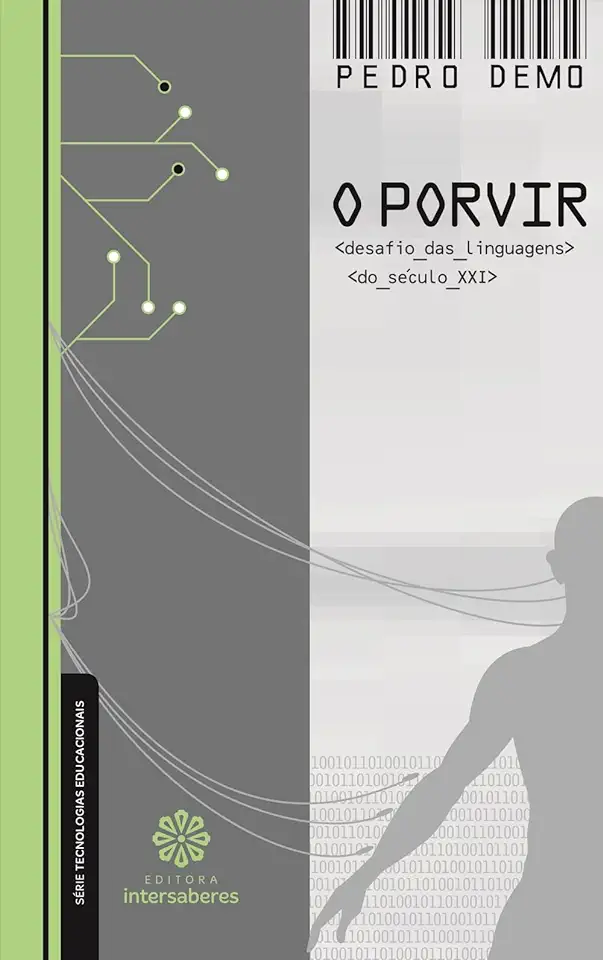
The Future - Challenge of the Languages of the 21st Century - Pedro Demo
The Future - Challenge of the Languages of the 21st Century
Introduction
In his book "The Future - Challenge of the Languages of the 21st Century", Pedro Demo argues that the world is facing a linguistic crisis. He points out that the number of languages spoken in the world is declining rapidly, and that this decline is having a negative impact on communication, education, and culture.
Demo argues that there are a number of factors contributing to the decline of languages, including globalization, urbanization, and the rise of English as a global lingua franca. He also argues that the decline of languages is a threat to human diversity and cultural heritage.
The Importance of Languages
Languages are essential for communication, education, and culture. They allow us to express ourselves, to learn about the world around us, and to connect with others. Languages are also a repository of cultural knowledge and heritage.
The decline of languages is a threat to all of these things. It makes it more difficult for people to communicate with each other, to learn about different cultures, and to access cultural heritage. It also contributes to the loss of cultural diversity and the homogenization of global culture.
The Challenge of the 21st Century
The challenge of the 21st century is to reverse the decline of languages and to promote linguistic diversity. This can be done by a number of means, including:
- Supporting language education: Governments and educational institutions need to invest in language education, so that people can learn to speak and understand multiple languages.
- Promoting multilingualism: Governments and businesses need to encourage multilingualism, by creating opportunities for people to use different languages in their daily lives.
- Preserving endangered languages: Governments and organizations need to take steps to preserve endangered languages, by documenting them and teaching them to new speakers.
By taking these steps, we can help to ensure that the world's languages continue to thrive and that future generations can enjoy the benefits of linguistic diversity.
Conclusion
"The Future - Challenge of the Languages of the 21st Century" is a thought-provoking and important book that raises awareness of the urgent need to protect and promote linguistic diversity. Demo's arguments are well-supported by evidence, and his passion for the subject is evident throughout the book. This book is a must-read for anyone who is interested in the future of languages and the importance of linguistic diversity.